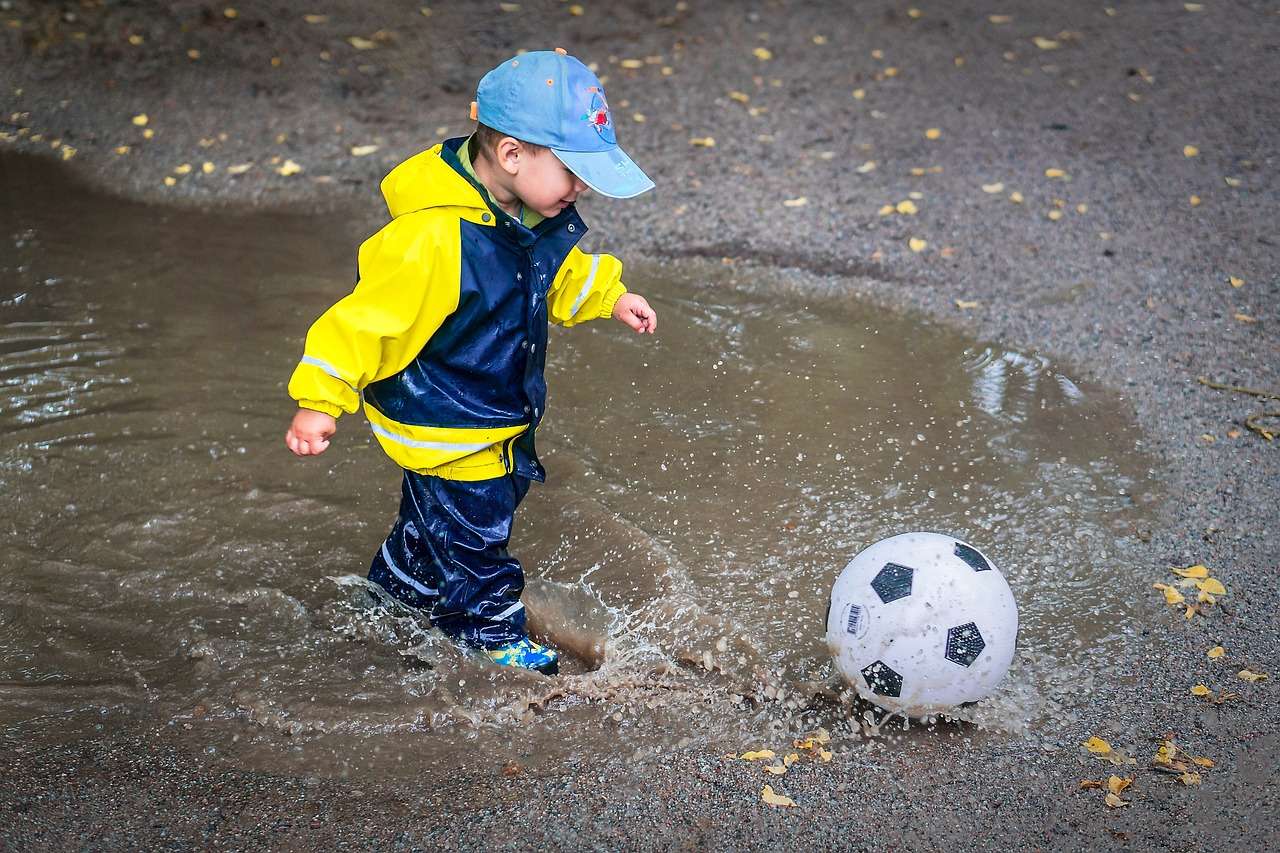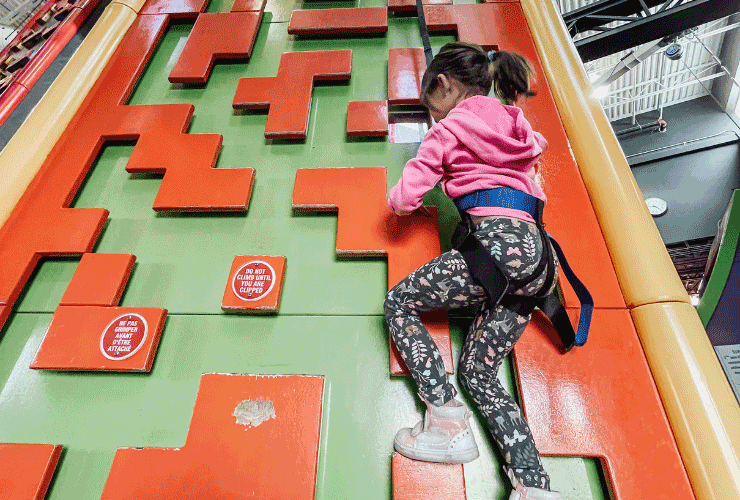How to advocate for your child’s health and well-being
As great as it would be if children were in control of their own health and well-being, that responsibility does not lie with them. Their main job is to have fun, learn and grow. Parents should ensure that their children are as mentally, physically and emotionally healthy as possible.
If you haven’t been as active in your journey to your child’s health and well-being as you’d like, that’s fine. Don’t beat yourself up about it. Instead, get involved now by following these steps.
Be aware of your child’s physical health
You must look after your child’s physical health throughout childhood so that he grows up healthy and strong. By staying on top of their physical health, you are also helping to identify and treat problems faster.
Schedule regular check-ups with your child’s doctor. Make sure they visit the dentist regularly to take care of their oral health. If there are any professionals they need to visit, schedule those appointments as well.
Don’t forget your child’s eyes too. Schedule routine eye exams, reduce eye infections and do a few of these other activities to make sure your child’s eye health is intact.
Prioritize mental health and emotional well-being
According to youth data compiled by Mental Health America, “10.6% of young people (or more than 2.5 million young people) cope with severe major depression.” Adults find it difficult to cope with depression and other mental health issues. Imagine a child trying to do this.
Going on a mental health and emotional wellness journey with them is very important. Start with things like limiting their screen time. Or, at the very least, deliberately use screen time to make sure they’re getting something productive from what they’re watching or doing, rather than ruining them emotionally or mentally.
Make sure your child has enough time to participate in what they are passionate about and help them develop the habit of taking care of themselves. Also, seek counseling or therapy for your child to get more support.
Encourage healthy eating and exercise
US Centers for Disease Control and Prevention (CDC) found that more than 14 million children and adolescents aged 2 to 19 years were obese between 2017 and 2020. Obesity not only affects your child’s physical health, but it can also be detrimental to their mental health.
Your child’s health and wellness is especially dependent on how he eats and the amount of physical activity he gets. Prepare healthy food to provide their body with good food. Also, teach your child proper nutrition.
Also, do daily exercise with your child. Throw the ball or shoot it. Take walks in nature. Go to group classes “dad and me.” Or customize your backyard to support physical activity.
Encourage your child to eat healthy foods and exercise daily to keep their mind and body in top shape.
Model a healthy lifestyle for your child
Modeling healthy lifestyle for your child, this is a watershed moment in their health and well-being. This will help your child become intentional and aware of their actions in order to create a healthier life for themselves.
So, if you want them to improve their physical health, make sure you exercise daily. eat well, and keep up with your medical appointments. If you want them to take care of their mental health, make mindfulness, therapy, and self-care a part of your life.
Simply put, kids do what you do, not what you say. So, show them what a healthy lifestyle looks like so they can follow in your footsteps.
Support your child’s individualism
Children struggle emotionally when they feel they can’t be themselves. Whether they’re trying to fulfill their parents’ dreams of having them, wondering about their sexuality, or disliking how they look, it’s hard to figure out who you are when you’re young. It’s even harder to love yourself.
Uncertainty about who you are can lead to emotional and mental health issues that stunt your growth. These issues can also lead to an unhealthy relationship with yourself. And that’s the last thing you want for your child.
So, support your child’s individualism. Let them be themselves, experiment and become who they are. Don’t let them express themselves. Instead, make your home a safe space for self-expression and show them how to safely express themselves to the world.
Support your child’s individualism so that he grows up confident, fulfilled and accepts himself for who he is.
Open the door to honest communication
You cannot protect the health and well-being of your child if you do not talk to him. Therefore, you must open the door to honest communication to communicate sincerely with your child about health and well-being and how to support it.
Honest communication will also help your child reach out to you when they are struggling with their mental, physical, or emotional health. Instead of keeping it all to themselves, they can open up to you and you can all form a plan to move forward.
Talk regularly with your child about life. Make sure these conversations are a two-way street where you listen as much, if not more, than you talk. Be open about your health and well-being concerns; your child is more likely to follow your example.
Open and honest communication is critical to supporting a physically and mentally healthy child.
Conclusion
A lot is needed to keep your child healthy and well. But navigating all that comes with it is critical to your child’s development. Protect your child’s physical, mental and emotional health by following the tips above and leading by example.







